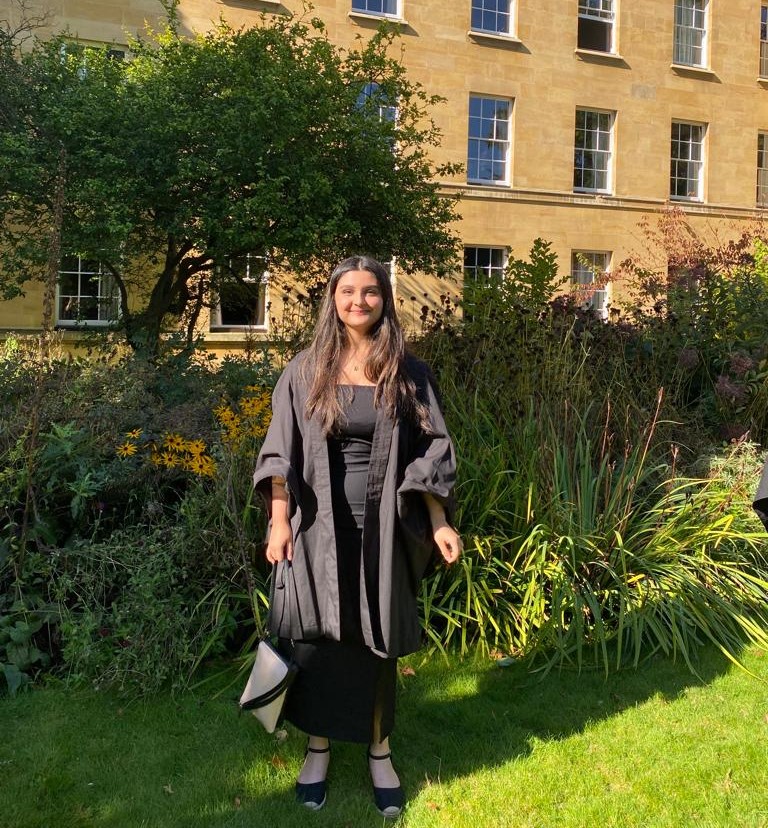
Leah is from Harlington, West London, and wrote this at the end of her first year studying Linguistics at Christ's College, Cambridge. She did A-levels in Sociology, Maths, and Chemistry.
What attracted you to your course?
So many aspects of the subject interested me before I really understood what linguistics as a subject was – accents, dialects, morphology etc. Finding linguistics and seeing what it covered felt perfect! The only other subjects I really looked at were courses that covered both a language and linguistics. But they focussed more on the language part and I knew I preferred the linguistics.
Was there anything that you were nervous about, in relation to the course?
Not so much before I started because everything seemed new and exciting more than scary! But when I first started it was overwhelming, before I’d really grasped a lot of the new concepts that I hadn’t conceptualised before, especially some of the details of syntax and semantics, like "movement", "traces" and principles of conversation. Now that I understand everything better, it’s no longer scary and difficult. You end up thinking about and using these concepts in tasks and reading so much that it gets a lot easier being able to use them (and it makes you feel really smart too!).
Why did you apply to Christ's?
One of my friends was dead set on applying to Christ’s, so I came with her to an open day and ended up really liking it too. We also looked through lists of pros and cons of each college, and while there were a few cons, Christ’s didn’t have as many as some other colleges.
Has Christ's lived up to your expectations?
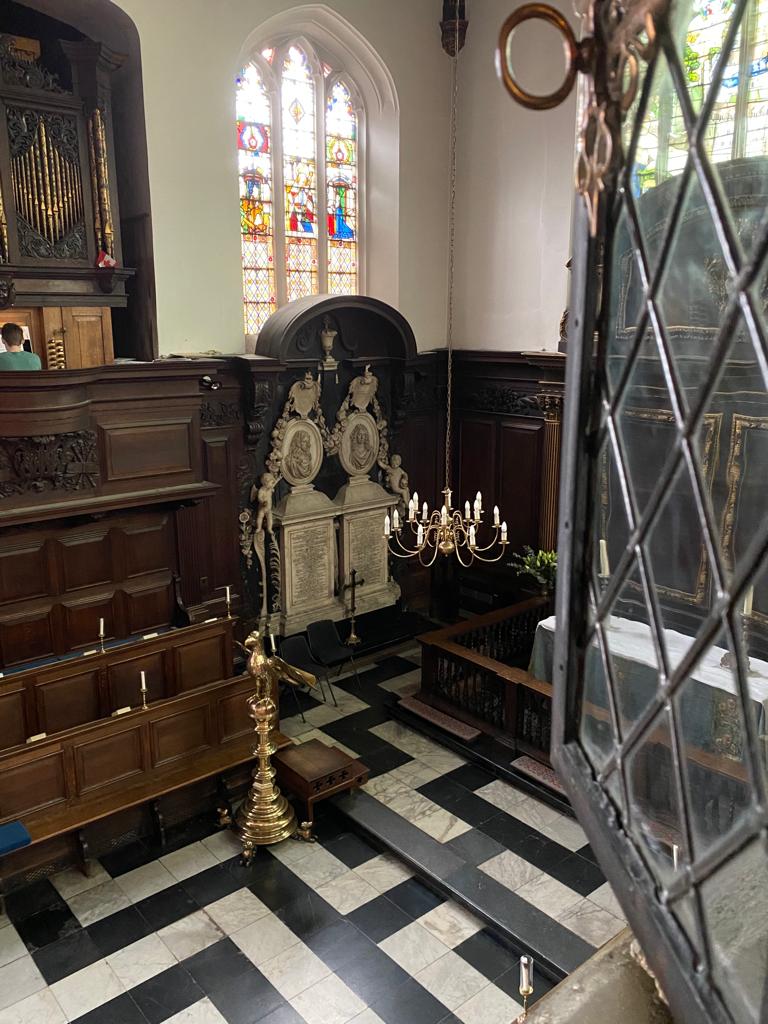
I didn't really start off with big expectations about college life, mainly because I didn't know what to expect. Even when we started I didn't see how things could be different at any other colleges. I do really like it, though, the college is pretty and the number of students aren't too big or too small.
I like the collegiate system: being part of a college makes it easier to feel part of a community, in my opinion. It's also fun meeting people from other colleges and being able to visit theirs.
My favourite place in College is the sunken garden in Third Court. It's a nice place to sit and hang out, and it's just around the corner from staircase Z, where I lived last year. the picnic tables are also really convenient for eating or working outside.
How did you find the application process?
It feels like a bit of a blur to me now! I think at that point in time (especially if you are still in school when applying), there's so much to do in so little time you can sometimes end up on auto-pilot. I didn't feel too nervous at the time, mostly becuase I thought I would just give it a go and didn't really expect to actually get in! It was definitely frustrating trying to get everything perfect. I always felt like there was a way to make things better, even when I'd done all I could: sometimes you just need to stop and put stuff away!
Was the interview what you expected it to be?
One of my interviews was: I was expecting problem-solving, and there was lots of "here's a question, can you answer it?", like a traditional interview. The other one took me off guard a little more; I thought one might be a little more discussion-like than the other, but I wasn't expecting it to be so casual! It was more like talking about my topic together than me answering their questions. That kind of threw me off, because I felt like maybe I was doing something wrong, or the interviewers would think I wasn't taking it seriously. At one point they even laughed!
What was it like having an online interview?
For me, the interviews and assessment being online felt less daunting than having to actually travel into Cambridge. I think being at home put me at ease (at least as at ease as I could have been!) but it also made it difficult to believe that it was over so quickly. I had low-level nerves lasting for quite a while after it was all finished. The thought of something technical going wrong or there being a loud noise in my flat was also terrifying, but luckily it went smoothly.
How did you prepare for the interview and admissions assessment?
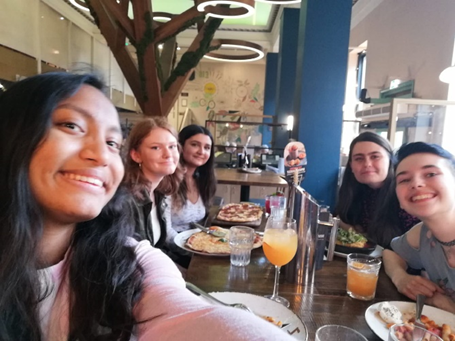
I was self-studying on the Oxbridge Mentoring Scheme before I applied, so they ran online workshops and seminars I could take part in to help prepare for everything. One of the teachers at my school also went to Oxford, so he got a few people to do mock interviews with me that were really helpful. If you have anyone who you can chat about your course with, that would be good preperation.
For the admissions assessment, I did the past papers on the course website. I also did UK Linguistics Olympiad and Oxford's Modern Languages Admissions Test questions to practice (note: the Langage Aptitude test is the most helpful section!), mostly in free periods or during form time at school.
What advice would you give prospective applicants?
As difficult as it sounds, try not to stress too much. You should be choosing your subject because you enjoy it! The interviewers want to see that you’re passionate and that you’re suited to the way that they’ll be teaching, and if you’ve gotten to that stage it is not a question of whether you’re good enough or not. Nerves and anxiety are normal, but just practice what you can and let yourself be excited sometimes!
Before you came, what were you looking forward to and what were you most worried about?
I was mainly looking forward to meeting lots of new people. I didn’t know what my friends were going to be like or who I would be studying with, and I just wanted to know what kind of community I was entering.
I was most worried about messing something up – I always forget to do some form or miss some email, so I was worried about keeping on top of things!
Did you find it easy to settle in? If you did, what helped?
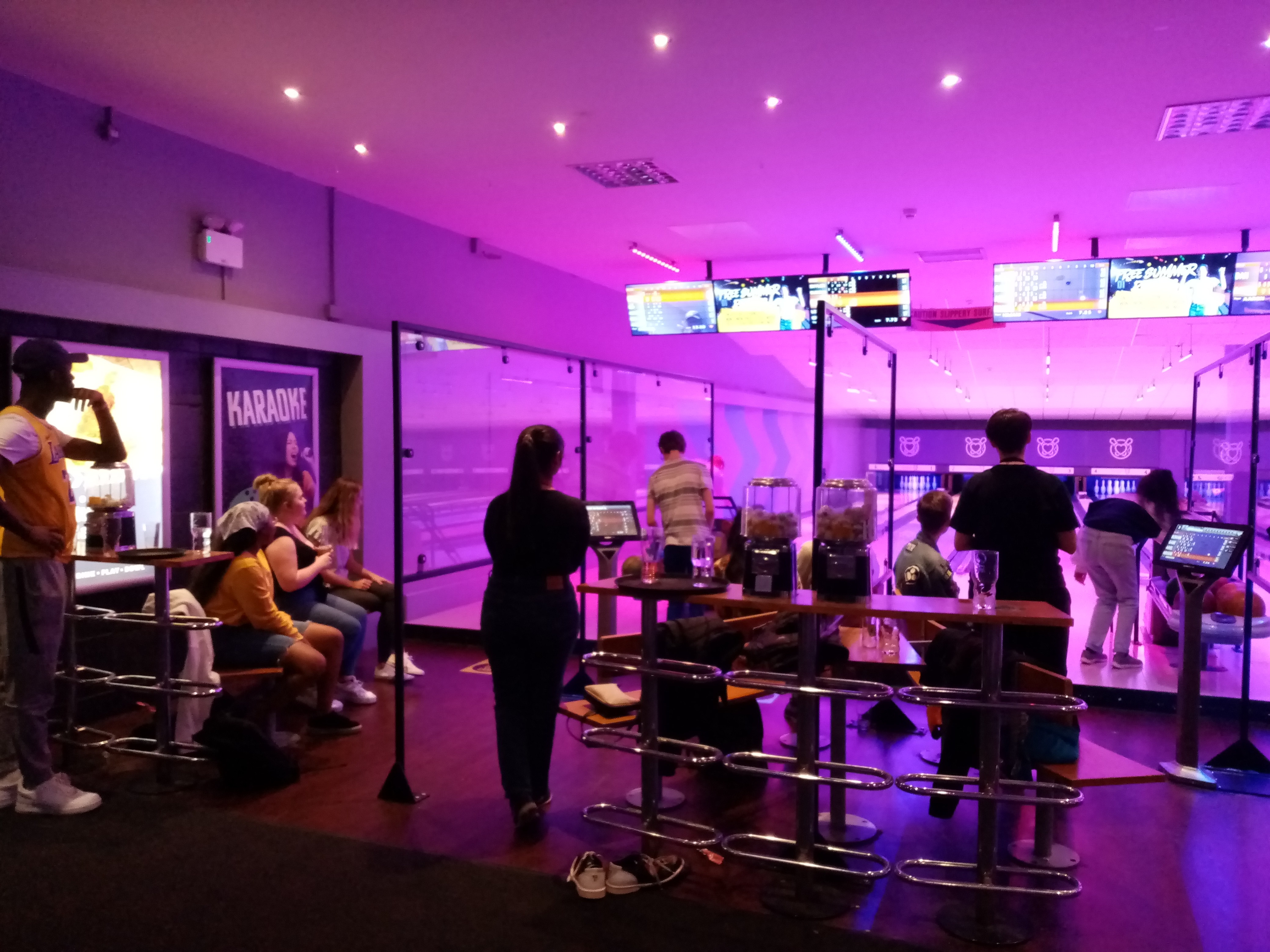
I found it easy enough to settle in, but again I was kind of on auto-pilot. I keep in regular contact with my family and at first there’s so much going on that you aren’t really thinking about home. For lots of people this changes after freshers and it becomes harder, but for me this only happened in second term.
It definitely helped that I had been on the Bridging Course before starting, which was a two-week long programme, (including a week in Cambridge in the summer before we started) for a small group of us from areas and backgrounds where people don't often go to top universities. It allowed me to meet other people in my year at Christ's that were a little more like me, and ended up being really close with some of them. My mentor on the bridging course had also been my mentor for some months before then and then became my 'subject sibling', so I already had an extremely friendly face around college!
What are your favourite memories of Fresher's week?
It was blurry for me, but I didn’t go clubbing much so it was mainly just doing random things around college. The themed mixers and events organised by the fresher’s reps were fun and a good way to meet loads of people – even if you met so many you didn’t remember most of them! It was fun coming up with themed outfits.
One thing that surprised me about Cambridge was that it wasn't as scary or formal as I thought it would be, although the closest I’ve gotten to that is the gong they ring at formal dinners followed by Grace.
How did you find starting lectures and supervisions?
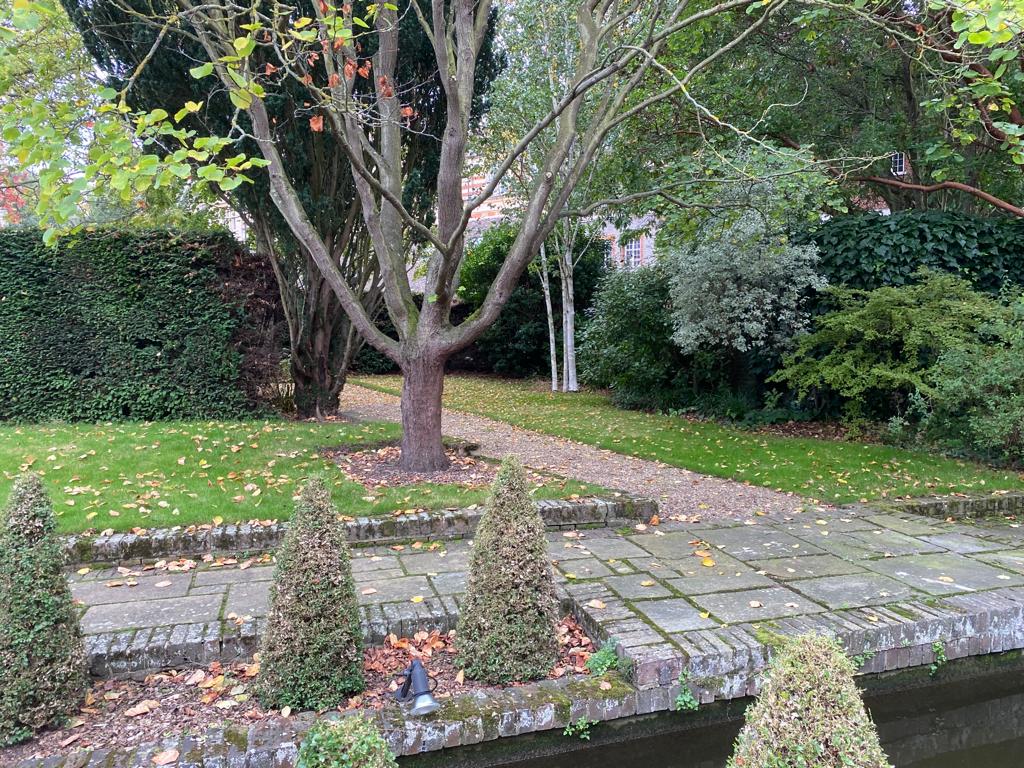
Lectures were really overwhelming at first, so much new information is thrown at you at once when you’re doing a subject for the first time, and some lectures were very fast paced. Once you get into the rhythm of it and learn the way to take notes that works best for you it gets easier though (I quickly learnt the repercussions of not doing any of the recommended reading before lectures!).
Supervisions, where we do a task or an essay and discuss it with a small group (around 5-6 in first year) and an academic or PhD student), were less daunting because you can ask more questions, and the tasks can actually be quite fun!
How is your work now different to what you experienced at school?
Work now isn’t like doing questions from the textbook, where they have similar examples you can use and the answers at the back. You’re pushed a lot more to think for yourself and really have to actively apply what you’ve been taught as well as have to do some extra reading sometimes when you don’t quite know what to do. When you’re stuck, though, it’s easier getting help from supervisors as you’re learning in a much smaller group and they normally specialise in what they’re teaching so they can really help you understand.
What are the best and the hardest things about your course?
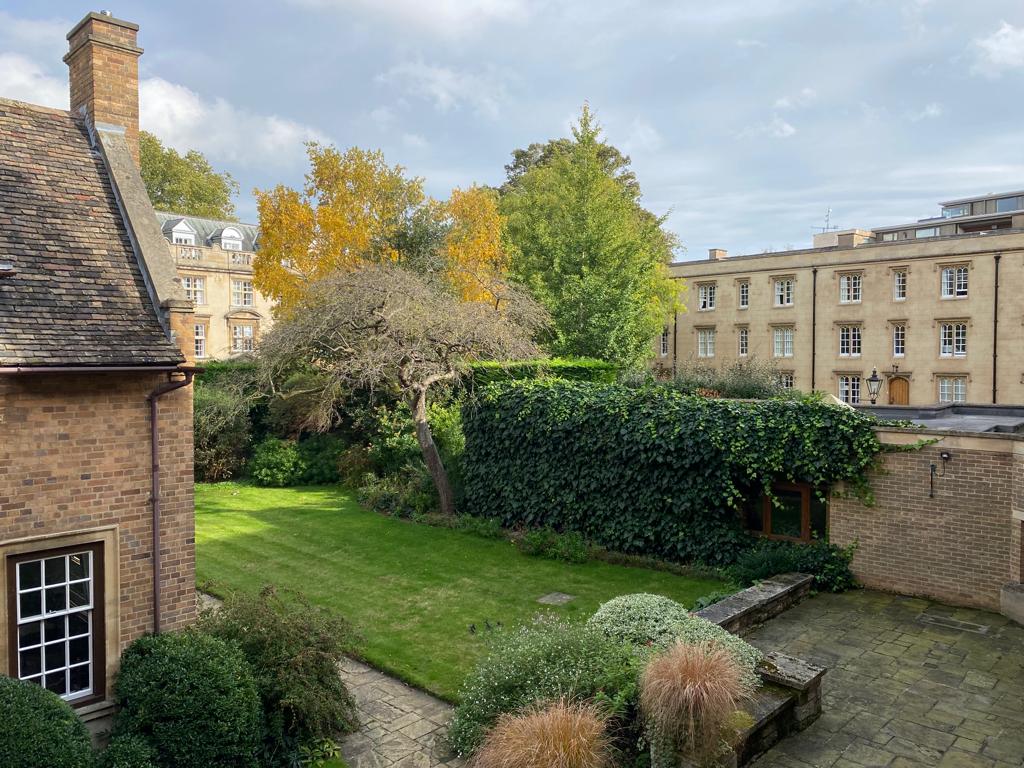
The best thing is definitely when you cover those slightly niche topics that really interest you more than anything else, sometimes they’re things you already thought about and sometimes they’re things that are totally unexpected. For example, I'd already thought a bit about why we use french words for certain things like 'beef' and other fancier words, and we looked at that in more detail. I also got a fun explanation from my supervisor about why Liverpudlians and Mancunians have such different accents even though the areas that they are from aren’t as far away from each other as Oxford and Cambridge. Learning the IPA (International Phonetic Alphabet), while tedious, was also something that was useful because for so long there were sounds that I didn’t really know how to describe but would try and reference or explain how they were made which I can do properly know that I’ve learnt the right way to do so. Some of the unexpected ones were syntax trees – once you know how to do it it can be kind of fun in a nerdy way and it may sound very Cambridge of me but it feels validating to finally get something right!
The hardest thing is definitely having to do essays on topics that you don’t really know that well, where the reading is difficult to properly absorb and you’ve only done one lecture, especially the first few when you don’t really know what they’re looking for at university level.
The course wasn't exactly what I expected it to be, I was expecting some things to be taught at first at a much easier level and slower pace and other things to be more detailed and in depth, but this was across different topics and in first year, where we didn’t have a whole paper dedicated to each topic so the academics had to find the best way to fit everything in. Again, as you progress and fall into the right rhythm this gets a lot easier and feels more balanced.
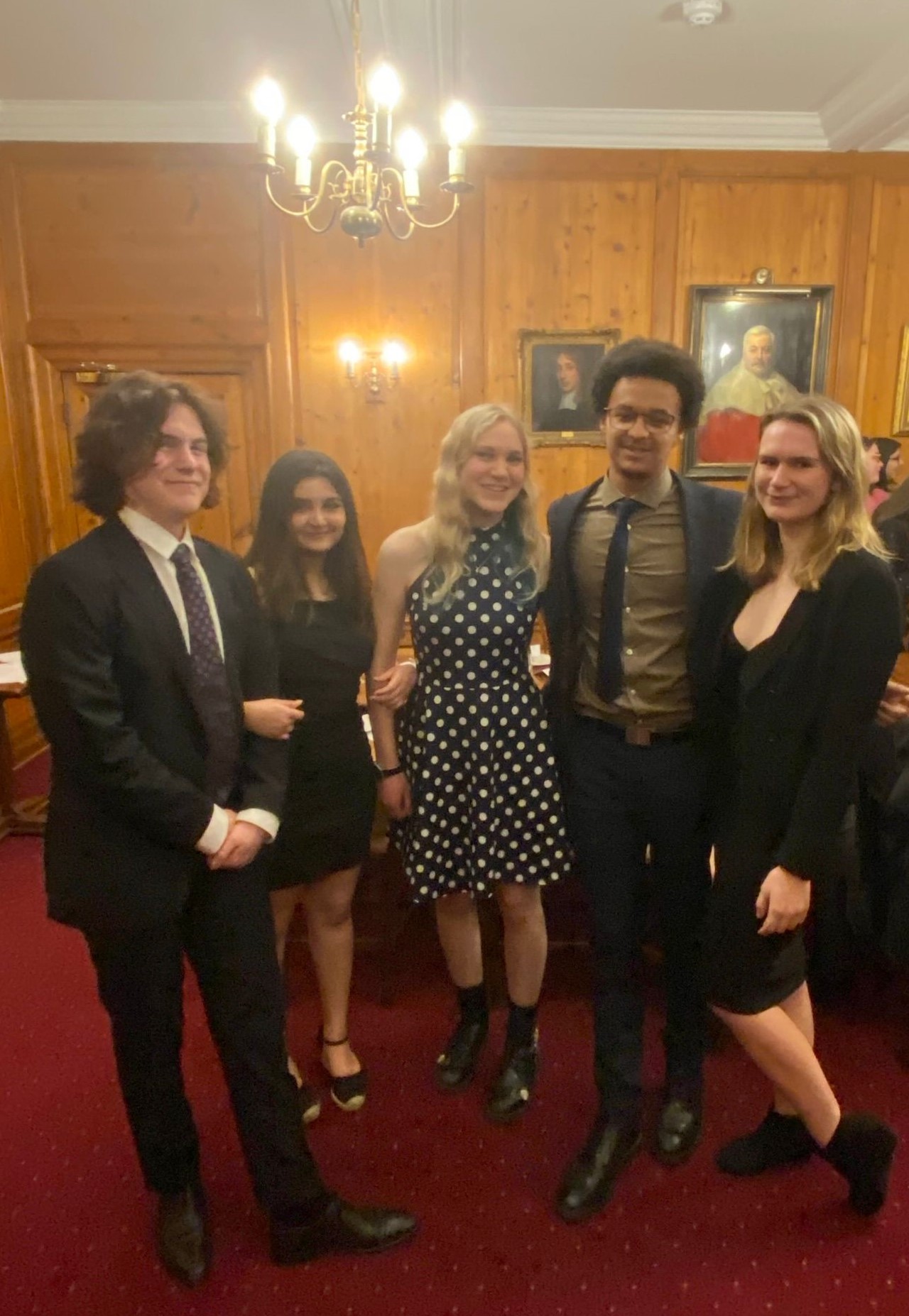
Looking back over the year, what do you feel you have got out of it?
I think I’m much more self-reliant on really learning things now, rather than just learning what a teacher tells you to, like in school.
My favourite topics have been phonology and morphology, but this is probably because the tasks we did felt a lot more familiar to me because that’s what I focussed on when preparing for the interviews and admissions assessment, so I found it easier to connect with and internalise.
I also liked varieties of English because I love learning about accents and dialects, but while I liked the supervision tasks I didn’t find the lectures and exam-style questions as interesting. One of the more fun supervision tasks was the "Mr Tickle exercise", where we had to listen to speakers from different areas read some of Mr Tickle and point out fun linguistic features in their accents. Generally this topic was my favourite, so similar tasks were always fun in my opinion. Tasks on child language acquisition and morphology were also fun mainly because it felt a little more like problem solving which is a lot closer to the kind of ‘linguistics’ I thought I would do before actually studying it.
What does your timetable look like?
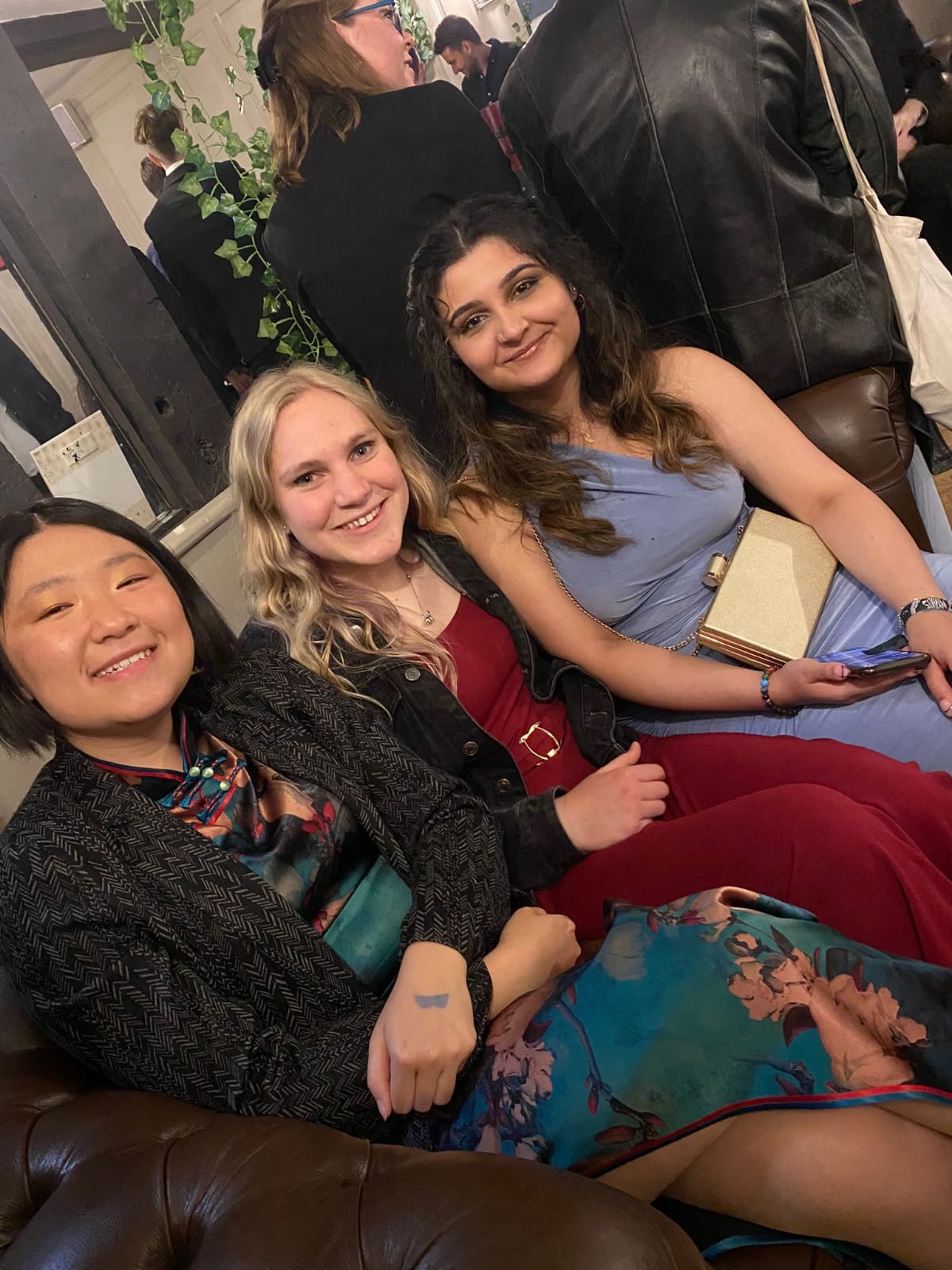
In first year we do four papers, and for each paper we would have six supervisions and eight lectures a term. This meant four lectures and three or four supervisions a week, and on top of this there were lectures every week in first term on general linguistics which we weren’t assessed on but were useful. For each supervision, we had to do either a problem-sheet type task, or would be set a 1500-word essay.
I would dedicate an evening to each supervision task, which normally don’t take too long to do (unless they need lots of extra reading and research, but for the most part you can manage with what was taught in the lectures). I would also normally do each essay in a day, but that meant very late nights and lots of frustration when I couldn’t understand the reading, and once I broke that habit it became easier to deal with! I don’t put much pressure on myself to do regular, organised extra-curriculars besides that, which is what I think let me manage my workload and stress rather than having lots and lots of commitments. I generally like to work in the College library, but during exam season I would work in cafés, which I think helped me get into the zone a little more!
What are your favourite and least favourite things about the college?
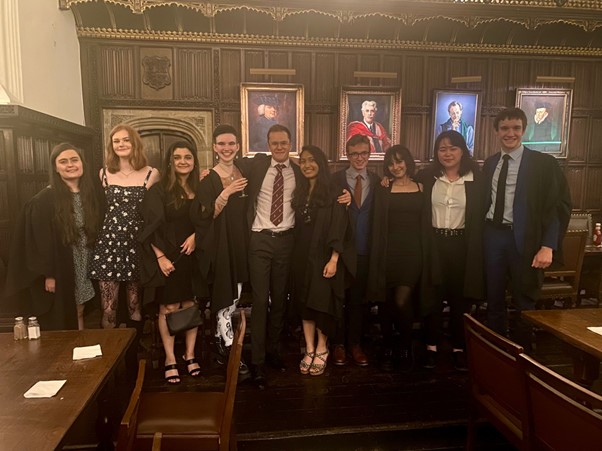
My favourite thing is being around my friends all the time, and also having spaces to pass time that aren’t too busy and crowded, which most things in the centre of town can be. It’s nice being in a central college too, and having easy access to shops and places to eat. It's just a nice place to be – in my experience the people are friendly and the college is very picturesque, so when you are feeling down or stressed out taking a quick walk through college can cheer you up, and there will be people to talk to!
My least favourite thing was that my room overlooked Hobson Street, so it wasn’t always easy to get peace and quiet during the day or at night!
What do you do when you're not working?
I’m really lazy, so normally eating and sleeping. College is also dangerously close to a Zara, H&M and Boots so I did lots of shopping and window shopping. I also spend hours and hours just hanging out and chatting in my building with my friends after eating dinner.
Where have you lived this year and what did you think of it? 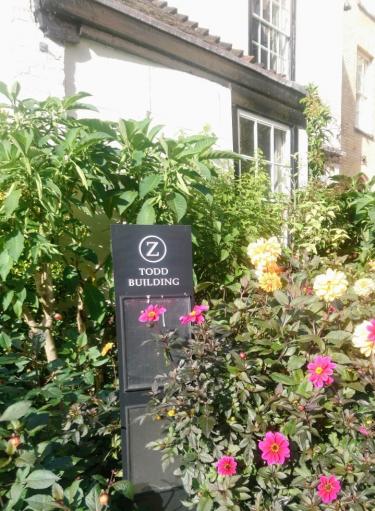
I lived in the Z staircase near to Third Court, which is not nearly as bad as people made it out to be. The Hobson Street noise previously mentioned was not ideal, but luckily I’m not a person who needs dead silence in order to relax. The kitchen and bathroom are also small but you quickly get used to it. My room was nice and spacious and all the people I met living there were great! We also had our own sinks in our rooms, which was really convenient.
How do you spend your holidays?
Just at home with my family. We haven’t been abroad in a while, but we’ve visited lots of other parts of the country which has been just as fun – especially for someone who likes long car rides and different accents. It’s also nice being able to catch up with your friends from home in person! Being at home means lots of tube and bus rides for me, which I’ve oddly missed being at Cambridge.
What are you most looking forward to next year?
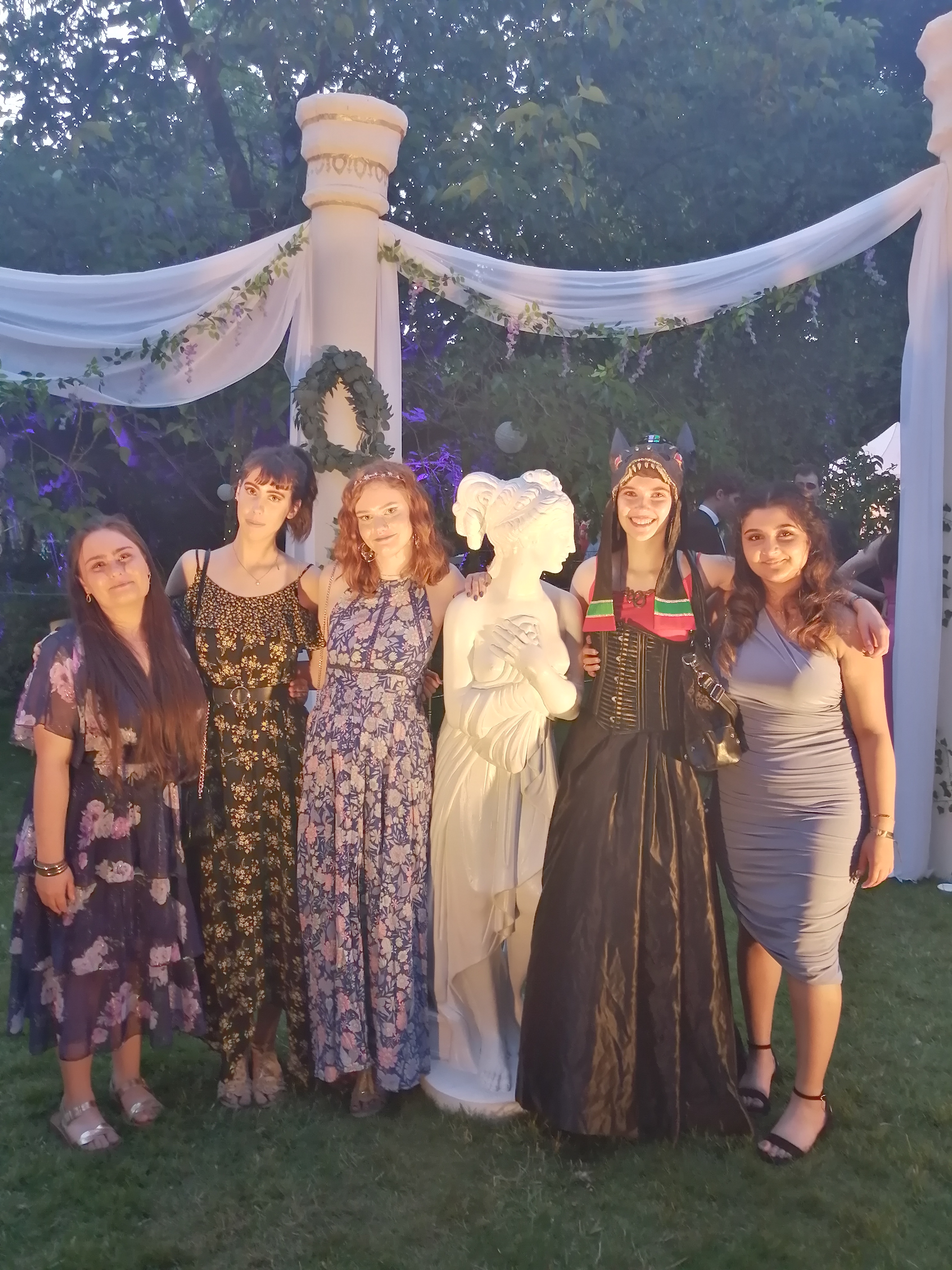
Being able to do subjects that I’ve chosen and really like and also meeting my college 'children' (students from the year below with similar interests who me and a friend will keep an eye on for their first year) and subject siblings - that's the linguists in the year below I'll make friends with!
First-year linguistics is the same for everybody, but in second year we get to choose all of our papers. If all goes to plan, I want to do papers in phonetics, morphology, syntax and psycholinguistics, although if Cambridge offered a sociolinguistics or varieties of English paper I’d choose it in a heartbeat. I chose these because they were my favourite topics in first year and I couldn’t explore the ones that were more language specific because I didn’t do a language at A level.
July 2022
Please be aware if you're considering an application that our student writers describe their experiences. Although the majority of the information stays the same, some details may change from year to year. Do read the student profiles in combination with our undergraduate admissions pages for full information.
Back to Student profiles page / Linguistics at Christ's / Next: Romany's profile
